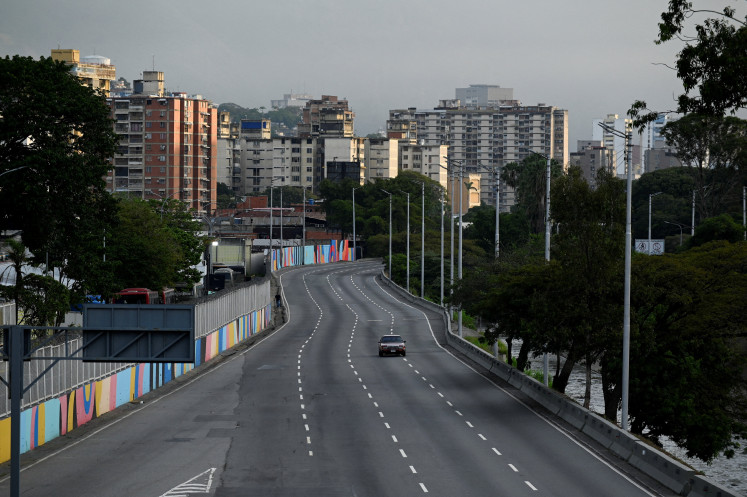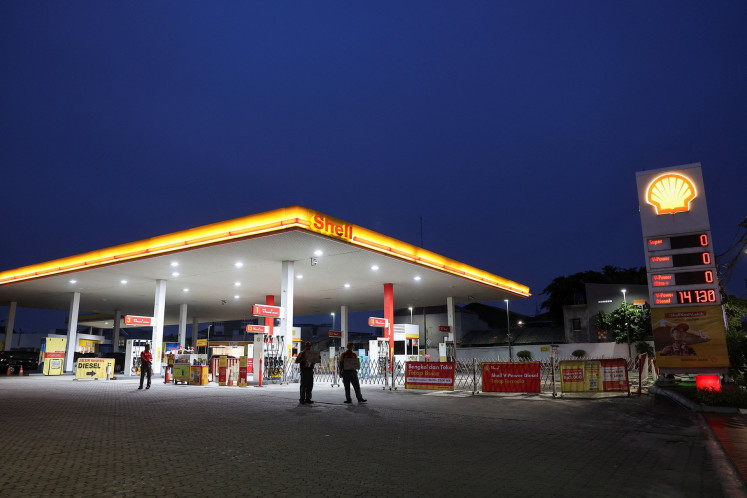Popular Reads
Top Results
Can't find what you're looking for?
View all search resultsPopular Reads
Top Results
Can't find what you're looking for?
View all search resultsWholesale marketplace Ula secures $10m in seed funding
Change text size
Gift Premium Articles
to Anyone
N
ewly established Indonesian wholesale marketplace Ula said it has received US$10.5 million in seed funding led by Sequoia India and Lightspeed India, as it seeks to expand its consumer base across Java.
The company, which was launched in January, also received investments from San Francisco-based Alter Global, Sinar Mas-backed conglomerate SMDV, among others, along with several angel investors including Patrick Walujo of private equity firm Northstar.
Ula focuses its business on the small store owners, allowing them to buy only the inventory they need, instead of in bulk, while also offering working capital credit.
“A typical [small traditional] store has an 8 to 10 percent cost advantage over modern retailers given that they are usually tax exempt, employ their own family and operate out of their homes,” said Ula’s cofounder Derry Sakti in a written statement on Wednesday.
“Yet they are not competitive because of a lack of access to wholesalers and have limited working capital.”
He added that small shops sometimes needed to buy supplies in bulk to get better rates, even though they did not require such large amounts.
At present, Ula mostly serves customers in East Java, but plans to expand its operations across Java. It also seeks to widen its product range from daily necessities to other categories such as apparel and electronics.
Ula reported it had enjoyed tenfold growth since January with customers returning to buy up to three times their initial volumes, despite the large-scale social restrictions (PSBB) implemented since March to curb the spread of COVID-19.
The company cited that in emerging economies like Indonesia, traditional retail contributed to nearly 80 percent of the retail market, employing millions of Indonesians.
Last year, more than 2.8 million sellers traded at over 15,600 markets across the country, according to data from Statistics Indonesia (BPS).
Sequoia Capital Singapore managing director Abheek Anand said that most retailers in emerging markets like Indonesia were dealing with inefficiencies in the supply chain, inventory and working capital management.
“With more and more Indonesian SMEs becoming open to adopting technology, platforms like Ula are an easy, affordable and scalable solution to help these retailers streamline their businesses,” he said.










